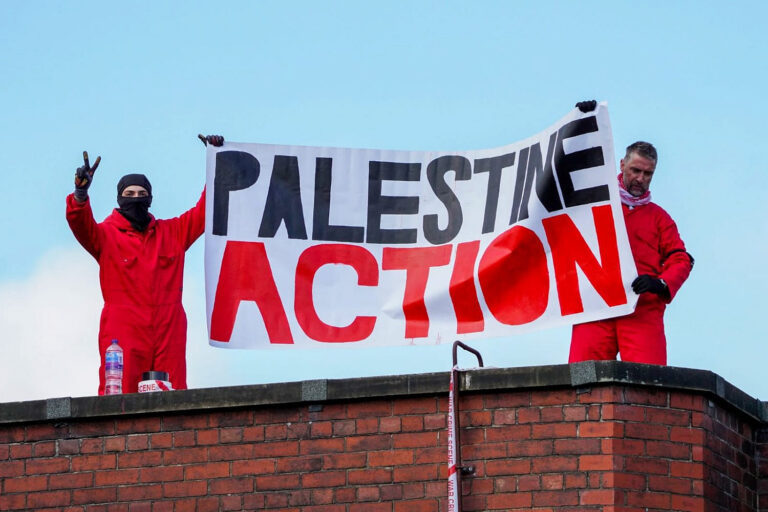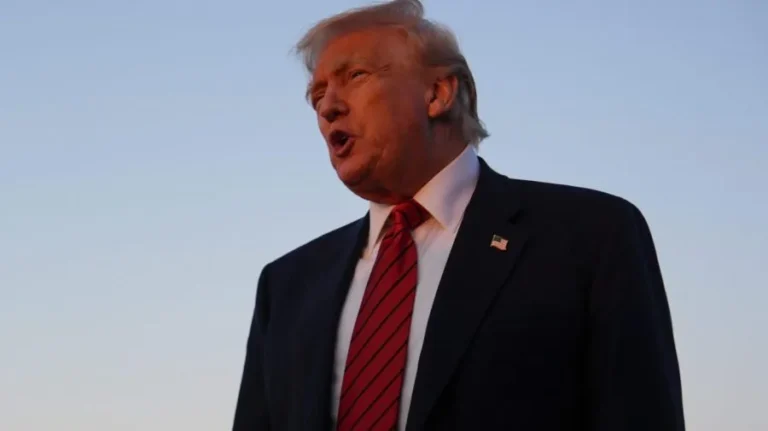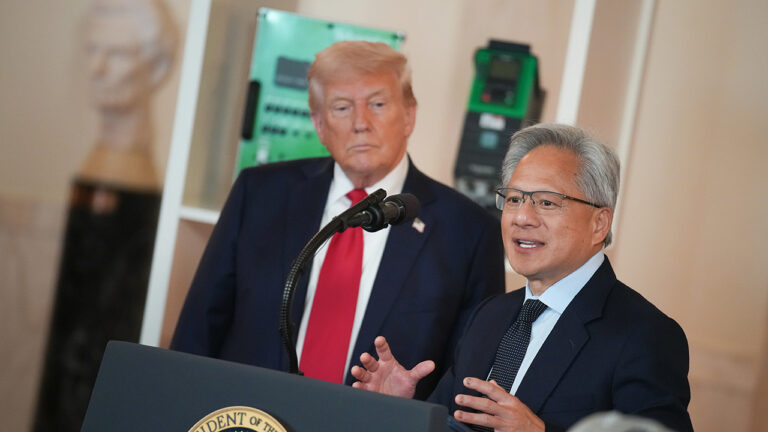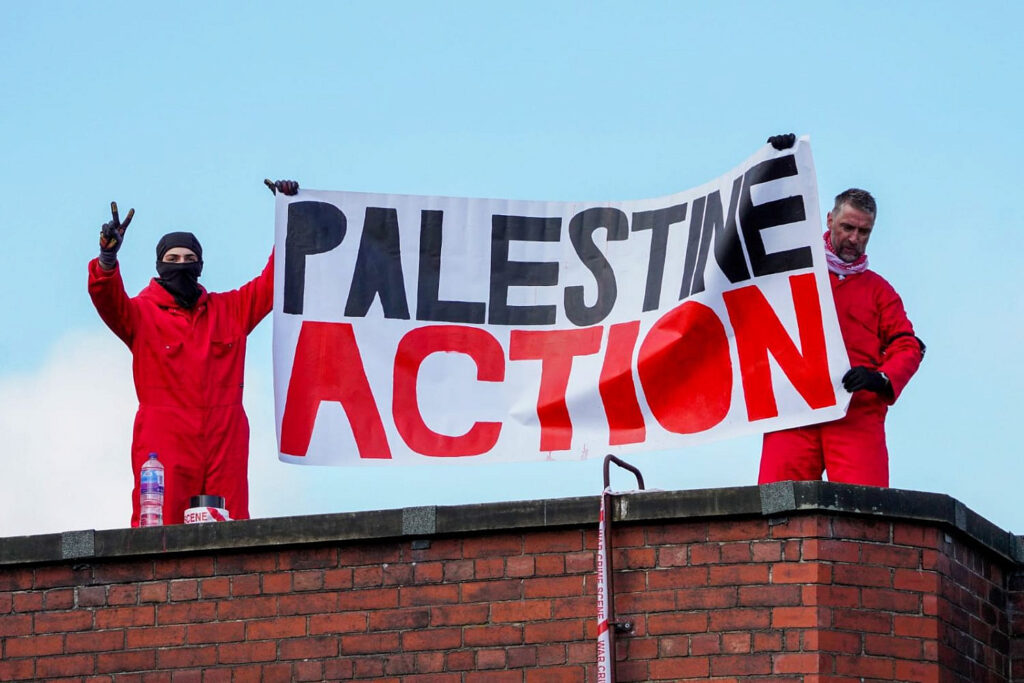
Palestine Action is a UK-based protest group that uses direct-action tactics—such as occupying arms factories and disrupting operations—to oppose companies involved in the Israeli military-industrial complex, especially Elbit Systems UK, a major arms supplier.
The group has gained significant public attention for targeting locations linked to the production of drone components and other weaponry used by Israeli forces in Gaza and the West Bank.
Why Was Palestine Action Banned?
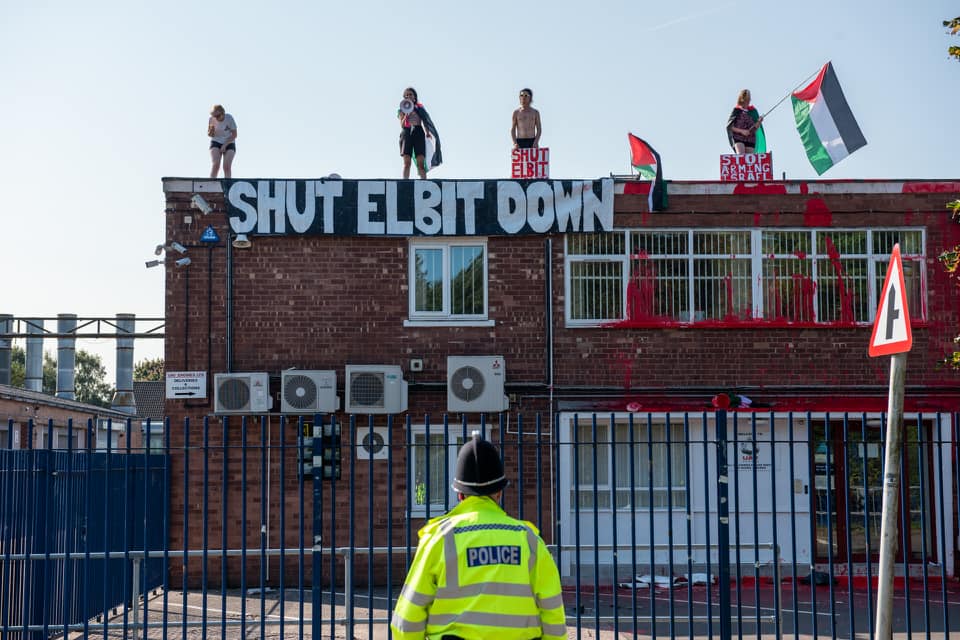
On July 30, 2025, the UK Home Office designated Palestine Action as a proscribed organization under the Terrorism Act 2000, claiming its activities risk public safety and disrupt national infrastructure.
Critics argue the move is an overreach of anti-terror legislation, silencing dissent and targeting political protest groups supporting Palestinian rights.
🧠 Academics Speak Out Against Political Repression
The open letter—circulated through prominent academic networks and international universities—was spearheaded by:
- Judith Butler (UC Berkeley)
- Noam Chomsky (MIT, emeritus)
- Cornel West (Union Theological Seminary)
- Ghada Karmi (University of Exeter)
“This proscription threatens to criminalize peaceful protest and legitimate forms of civil disobedience,” the letter reads.
“It endangers academic freedom, free expression, and democratic engagement.”
🎯 Strategic Keywords Explained
- Palestine Action ban UK: Highly searched phrase with geopolitical relevance.
- Ban on protest groups: Useful for linking broader global civil rights issues.
- Human rights and direct action: These are central to the political narrative, aiding ranking in related searches.
⚖️ Civil Liberties or National Security?
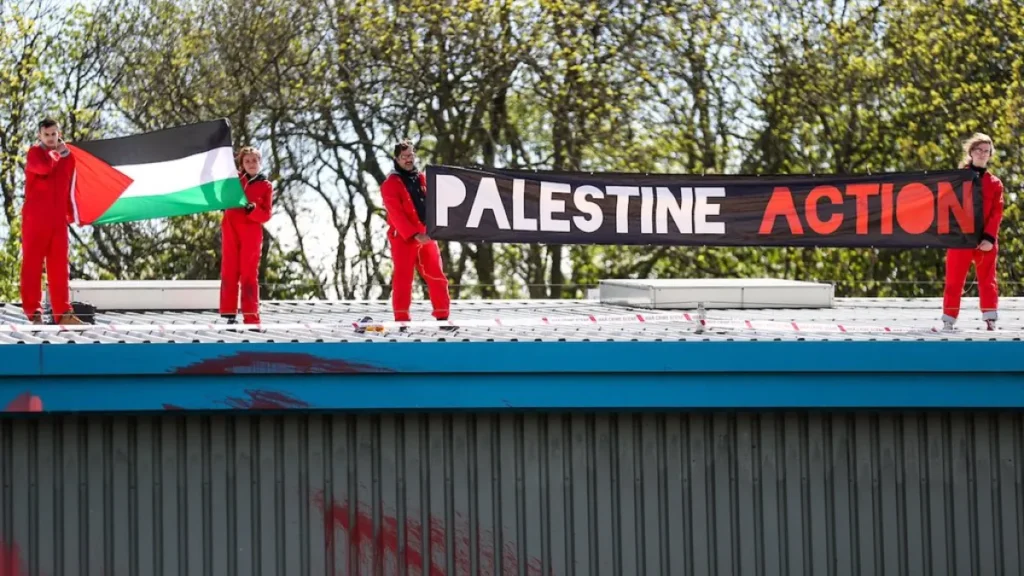
While the Home Office defends the ban on security grounds, many legal experts and human rights advocates claim it undermines:
- The right to protest
- Freedom of expression
- Academic independence
🚨 This is not the first time peaceful protesters have faced terror law abuse. See the parallels in Extinction Rebellion legal challenges.
The ban on Palestine Action signals a growing global tension between national security enforcement and civil rights activism. As global scholars raise their voice, the UK government faces mounting pressure to re-evaluate the implications of criminalizing protest movements.
If the right to dissent is weakened, it not only impacts pro-Palestine activists—but also sets a global precedent for suppressing academic freedom, political speech, and organized resistance.
